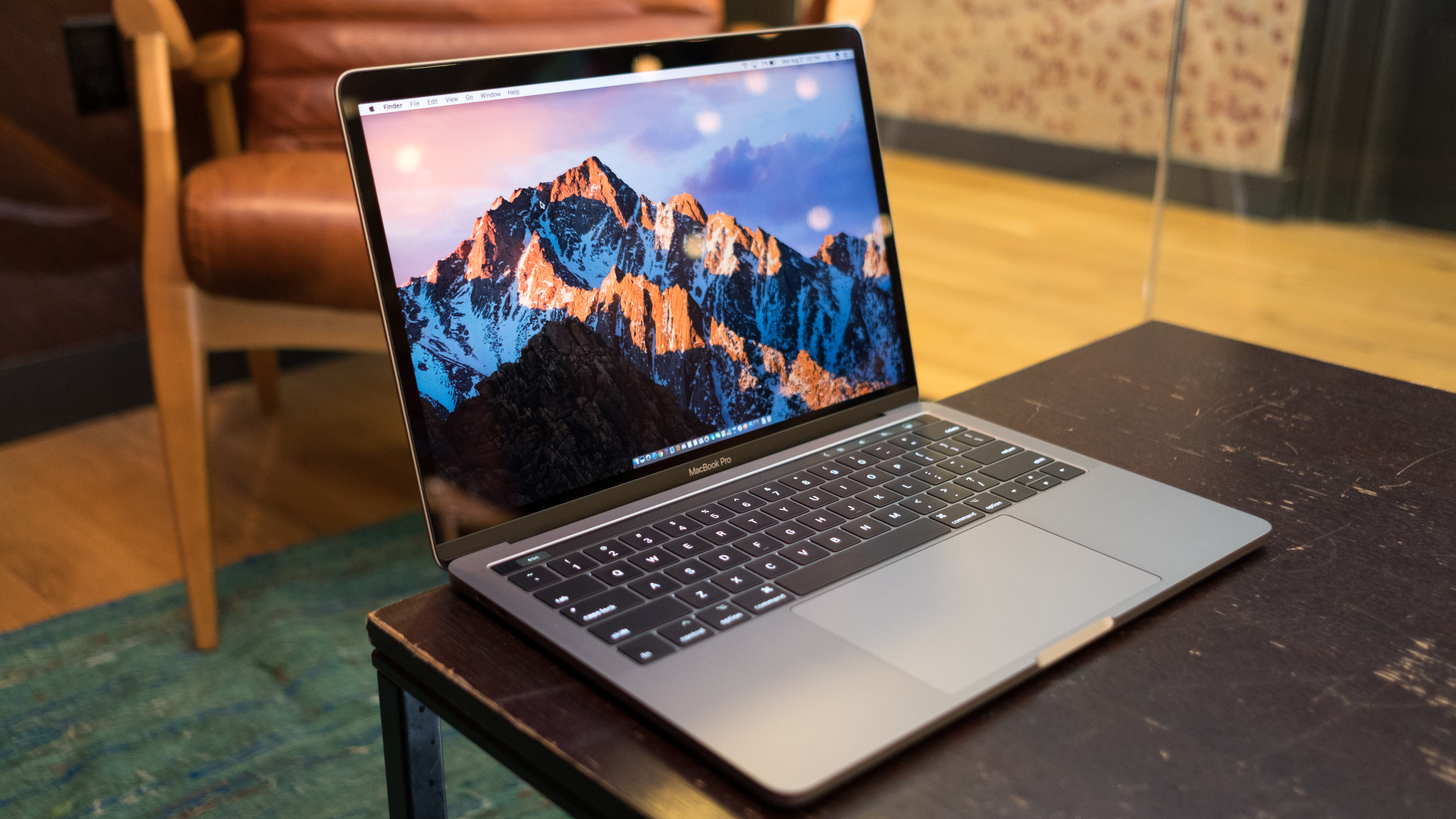Apple blames Intel’s processor shortage for slump in Mac sales
Could this be more evidence for a shift to ARM-based MacBooks?

Sign up for breaking news, reviews, opinion, top tech deals, and more.
You are now subscribed
Your newsletter sign-up was successful
Apple is blaming Intel for its recent dip in Mac revenue, with Tim Cook and co firing some considerable flak at the chip giant.
As Forbes spotted, in notes pertaining to Apple’s latest financial results (for the fiscal second quarter, running up to the end of March), Luca Maestri, Chief Financial Officer, observed: “Next I’d like to talk about the Mac. Revenue was 5.5 billion compared to 5.8 billion a year ago, with the decline driven primarily by processor constraints on certain popular models.”
CEO Tim Cook added: “For our Mac business overall, we faced some processor constraints in the March quarter, leading to a 5 percent revenue decline compared to last year. But we believe that our Mac revenue would have been up compared to last year without those constraints, and don’t believe this challenge will have a significant impact on our Q3 results.”
- Apple in 2018: the highs and lows for the MacBook maker
- Here’s what we want to see in the next MacBook Pro
- These are the very best laptops of 2019
The implication is that these chip supply problems have something to do with the fact that we haven’t yet heard anything about MacBook updates for this year, and potential delays for hardware may be tied into this.
That certainly makes some kind of sense, particularly as over at Daring Fireball, John Gruber also picked up on this one, noting that he’d previously asked an inside source at Apple why it took so long for the firm to release its new MacBook Air last year, and the one-word answer was simply ‘Intel’.
Intel impact
It’s clearly true that Intel’s manufacturing woes and stock shortages of its current-gen processors have had a wide impact across the whole computing industry, even for the big players in terms of PC vendors (and the smaller operations have struggled even more, in some cases having to resort to using older Intel CPUs in their machines – or indeed switching to AMD).
Intel has been concentrating on making higher-end processors with the production capacity it has. Given that these command the biggest profit margins, that makes financial sense, but it leaves mid-range and budget CPUs thinner on the ground. And sadly, the latest from Intel is that these challenges aren’t going to go away soon, and will likely persist until Q3.
Sign up for breaking news, reviews, opinion, top tech deals, and more.
However, Cook says above that he doesn’t believe these processor supply constraints will impact the current quarter for Apple, and so as we head into Q3 of 2019, the picture should get even better – if Intel is correct and it does indeed resolve these production problems with its CPUs.
All of which could point to whatever MacBook refreshes Apple is planning for 2019 perhaps arriving later in the year, when Intel silicon is available in more abundance, rather than sooner. We should hopefully at least get some decent spec bumps of existing machines, even if we don’t see the rumored 16-inch all-new MacBook Pro, which has allegedly been delayed until 2020 (or perhaps even the year after).
Guessing at what’s happening behind the scenes aside, what all this does clearly underline is Apple’s dependence on Intel in the supply chain when it comes to the Mac.
And despite Intel’s recent assurances that it will be making every effort to ensure this sort of processor stock shortage doesn’t happen again, this is clearly another good reason why Apple might make the move to ARM with its Macs. This is already rumored to be happening, with chatter from developers and insiders at Intel insisting that Apple will be shifting to use custom ARM-based chips in 2020.
Making its own ARM processors will be a big change – and not an easy endeavor, of course – but it will give Apple a number of advantages going forward, not least taking back control of the supply chain, but also upping the profit made on Macs by removing Intel from the equation.
Further benefits will also doubtless be reaped in terms of having all of its devices – Macs, iPhones and iPads alike – powered by similar ARM CPUs, allowing for apps to be developed more easily to run across all these pieces of hardware.
Seemingly, then, it’s just a matter of time before Apple and Intel’s divorce comes through in this respect, and that could certainly explain why Apple is happy enough to take some very public pot-shots at Intel over its current supply difficulties.
- Check out all the best cheap MacBook Pro deals
Darren is a freelancer writing news and features for TechRadar (and occasionally T3) across a broad range of computing topics including CPUs, GPUs, various other hardware, VPNs, antivirus and more. He has written about tech for the best part of three decades, and writes books in his spare time (his debut novel - 'I Know What You Did Last Supper' - was published by Hachette UK in 2013).